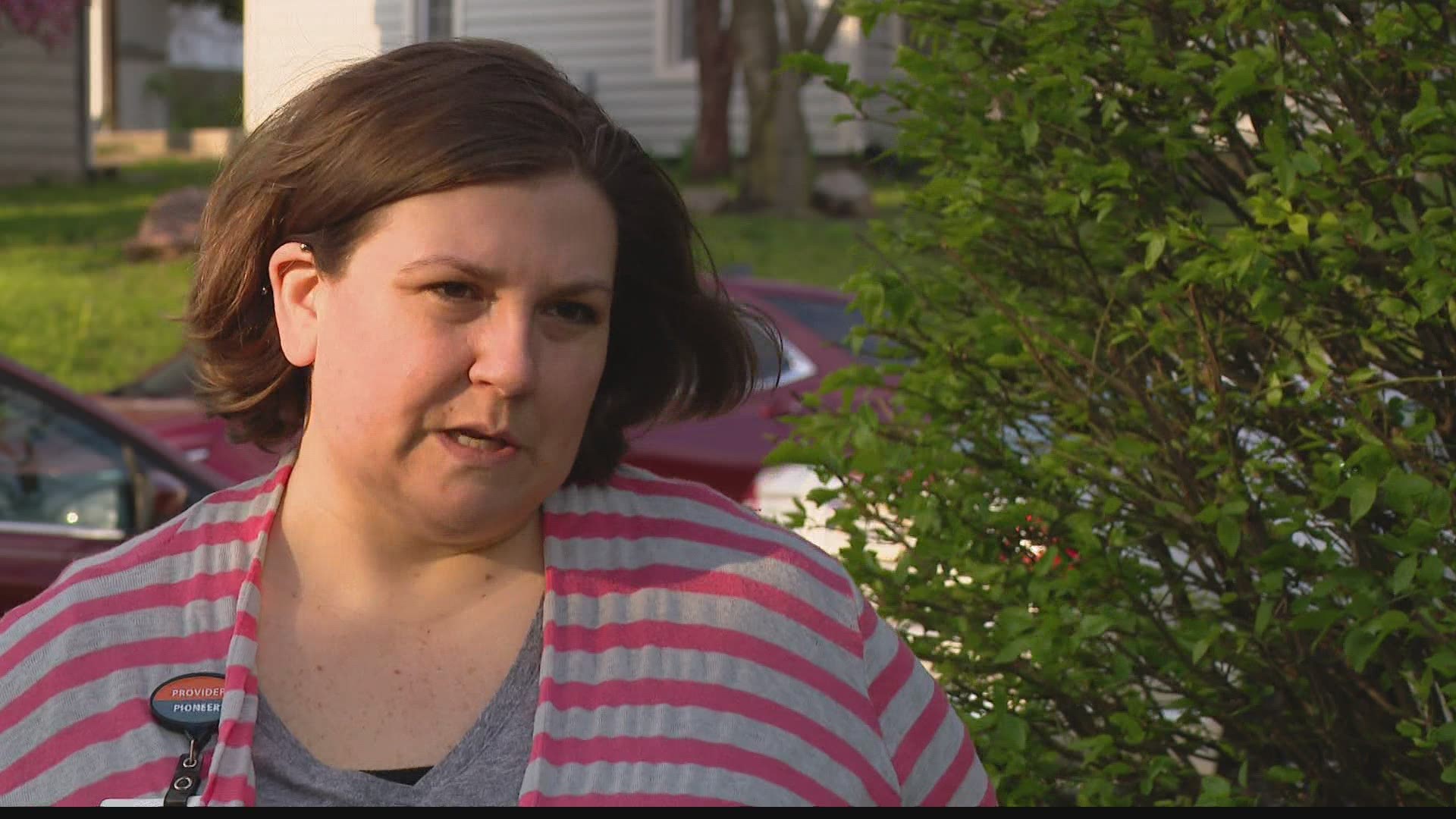INDIANAPOLIS — It's hard to imagine how hard it must be to call police on a friend or family member showing dangerous signs of behavior.
But in some cases, it's the best shot at saving themselves and others from getting hurt. And mental health experts say navigating help for anyone in crisis takes care and persistence.
One year before the heartbreaking loss of life at FedEx Ground, the suspected shooter had a serious mental health crisis.
And that kind of crisis, talk of suicide and danger to others affects one in 20 adults every year, according to the Substance Abuse and Mental Health Services Administration.
Yet their statistics show in 2019, only 43% of people with mental illness received treatment and 65% with serious mental illness received treatment.
Many suffer silently or don't get continued, long-term help.
In the FedEx case, it appears the suspect did not receive medication or prolonged treatment during his crisis in 2020.
"It's heartbreaking to know there was a man out there who needed help and maybe had an opportunity and didn't take that opportunity or there wasn't enough follow through," said Vanessa Enos, program manager with Community Health Network. "I always think about prevention. What can we do to prevent?"
Experts say families, seeing what happened last Thursday, who may be worried about their own loved ones, need to act.
"If this is that alert for you, take it. Don't ignore it. This is the universe telling you it's time to make that move," Enos said.
Enos said help starts by plain, honest talk with someone the person trusts.
"When we think about people having thoughts of suicide, jump right in and just ask, 'Are you having those thoughts?' Have the serious question. Have the serious conversation, even if it's uncomfortable," Enos said. "If it feels funny, I'd much rather be a person that says something and offends someone than doesn't say something and then something does happen."
If there's no immediate risk to your loved one, she said you should call your insurance or 211 to find a mental health center and set up an appointment. You can also find one by searching online.
If the risk is higher, go to the emergency room - any ER in any community. Doctors there can conduct an evaluation.
And if there's immediate danger or an emergency, call police. They have officers trained to help.
In any of those scenarios, experts say it's a good idea to go with your loved one to give support and potentially to give the professionals context during the assessment, especially if the adult in crisis, upon getting to the assessment, claims nothing is wrong.
"Absolutely go with them. Go with your friends. Go with your people so that we can get the help they need," Enos said. "The family members or the friends that witnessed that are really going to be beneficial in those moments."
Also important, keep speaking up and keep asking questions if your loved one hasn't gotten the help they need. It literally could save a life.
"Ask for more help. Ask to speak to someone else. Ask for medication management. Just ask those questions," Enos said. "You'll find the people that want to help you because there are a lot of helpers and a lot of people who want to help."
Links for help
Best number to call if you have suicidal thoughts: (800) 273-8255

